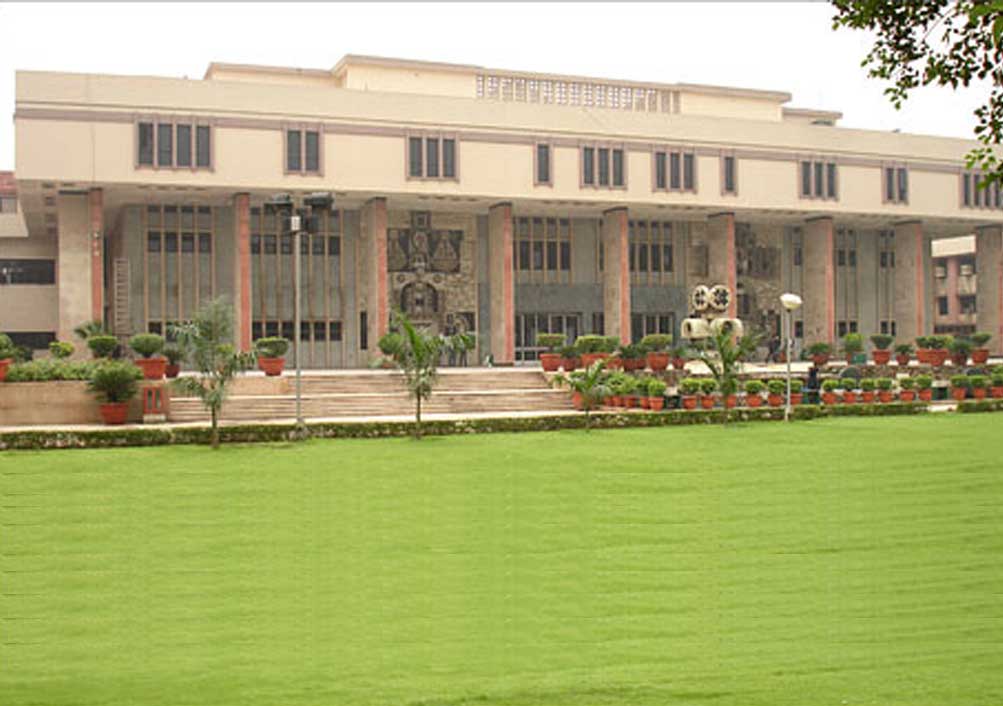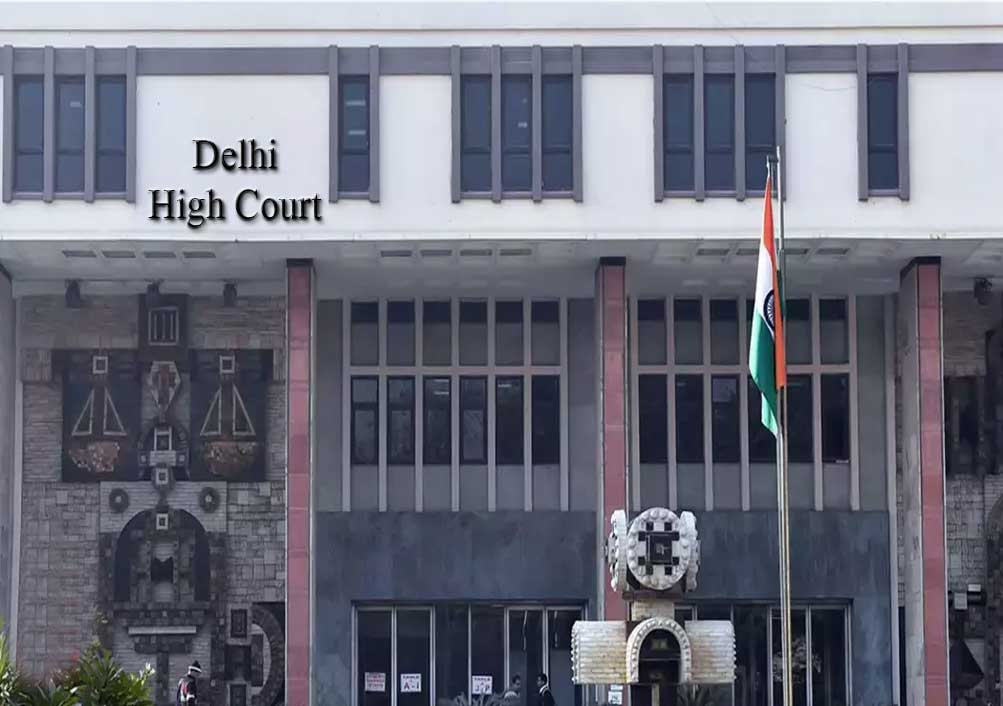No reinstatement can be claimed in absence of employer-employee relationship: Supreme Court

Read Judgment: Ram Manohar Lohia Joint Hospital & Others vs. Munna Prasad Saini & Another
Pankaj Bajpai
New Delhi, September 21,2021: While stating that though the first respondent was not a permanent employee but a contractual employee, the Supreme Court has ruled that the first respondent having worked for more than 240 days, termination of his services violated the mandatory provisions of Section 25F of the Industrial Disputes Act, 1947.
The Division Bench of Justice Subhash Reddy and Justice Sanjiv Khanna observed that there was no employer employee relationship and therefore modified the order of the Labour Court by setting aside the direction for reinstatement and enhancing the compensation by awarding a lump sum amount.
The observation came to be passed in answer to the appeals filed by Ram Manohar Lohia Joint Hospital challenging the judgment, whereby the Allahabad High Court (Lucknow Bench) had upheld the order passed by the Labour Court directing reinstatement of Munna Prasad Saini(first respondent) along with compensation of Rs.20,000/- for the period of unemployment and entitlement to full pay from the date of the said order.
The background of the case was that the Presiding Officer, Labour Court, Lucknow, had held that the first respondent was the employee of the appellant and not of the Bombay Intelligence Security (second respondent), by relying upon the attendance register/duty chart and the medicine intend book of male ward from September 2003 to June 2005.
The Labour Court also took into account the ocular evidence of the first respondent that he had applied for the said post pursuant to a newspaper advertisement and thereafter was appointed as a ward boy in the appellant hospital on a monthly salary of Rs.2,950/- on September 1, 2003.
After considering the evidence, the Top Court found that the appellant had placed an agreement between them and the second respondent for engaging contractual workers, including 12 ward boys/aya/patient helpers, but this contract stated that the payment will be made by the appellant to the second respondent every month within one week from the date of receipt of bill, which if required will be rectified to meet valid objections of the appellant.
Stating that the factual finding of the Labour Court with respect to the employer-employee relationship was comprehensive and required no interference, the Top Court opined that the agreement would not by itself be a determinative factor as the first respondent was not a party to the agreement.
“The appointment of the first respondent was on contractual basis and not to a regular post on proper selection in terms of the rules. Pertinently, the respondent has not indicated his educational qualifications and whether he has necessary qualifications to work as a nurse or a ward boy. It is also obvious that the contractual term was over. In other words, the first respondent had worked with the appellant during the period September, 2003 to June, 2005. He has not worked thereafter. There is nothing on record to show and establish the appellant had not followed the rule ‘last to come, first to go’. This is neither alleged nor proved”, observed the Division Bench.
Therefore, noticing that the High Court had stayed reinstatement of the first respondent but no order u/s 17B of the Industrial Disputes Act was passed, the Apex Court awarded a lump sum compensation of Rs.10,00,000/-to the first respondent.
Sign up for our weekly newsletter to stay up to date on our product, events featured blog, special offer and all of the exciting things that take place here at Legitquest.




Add a Comment